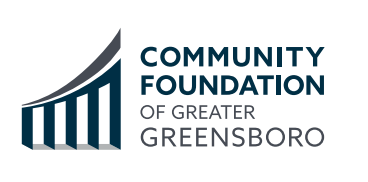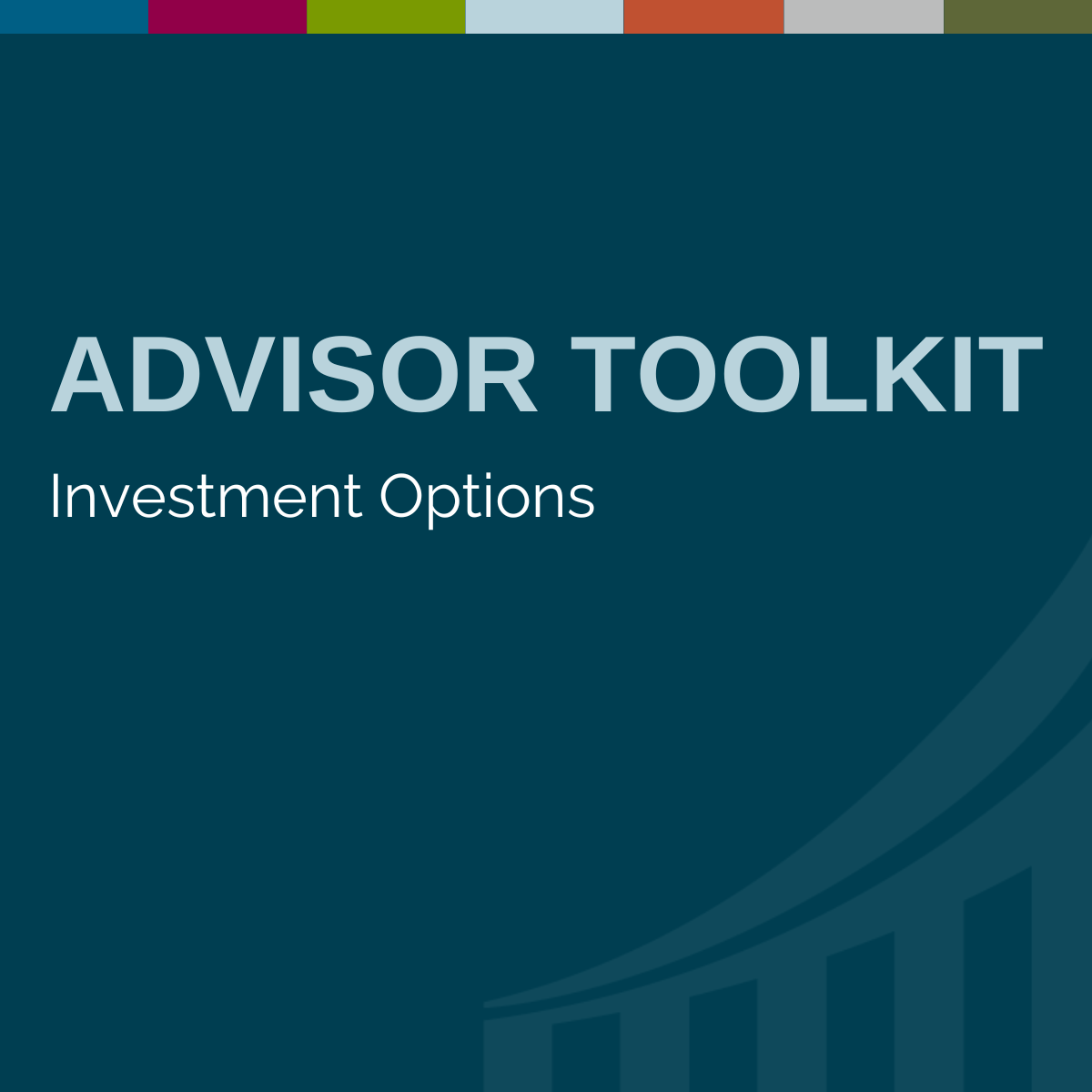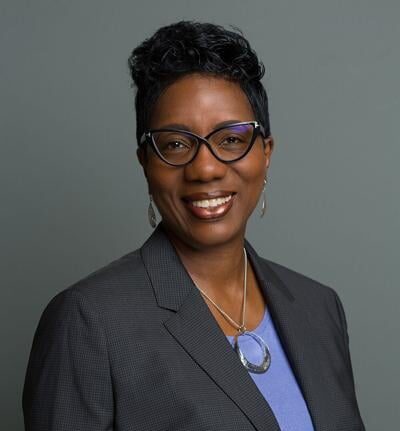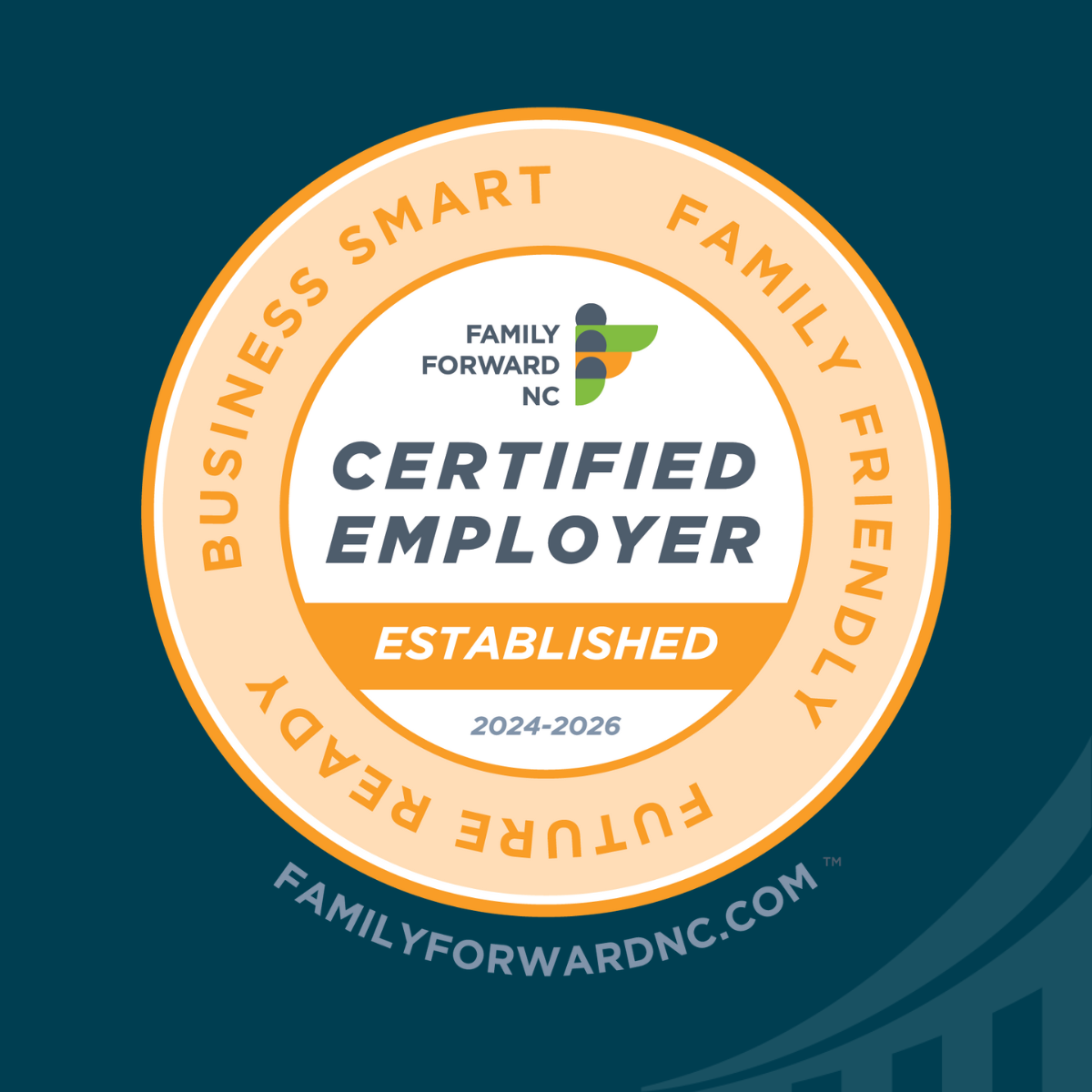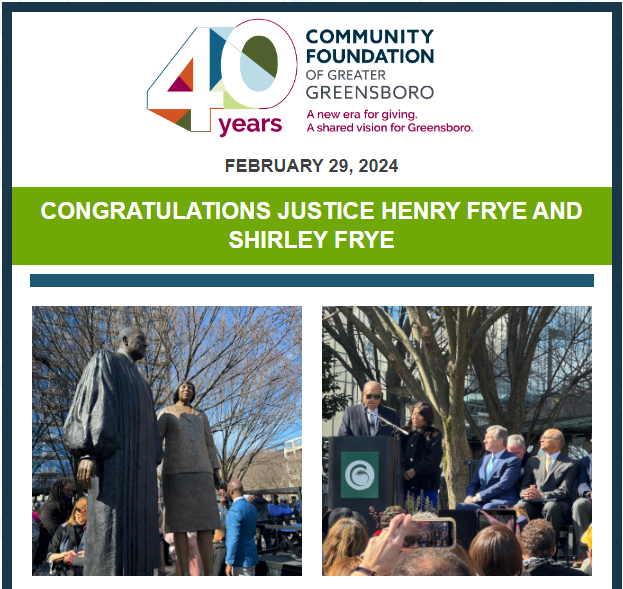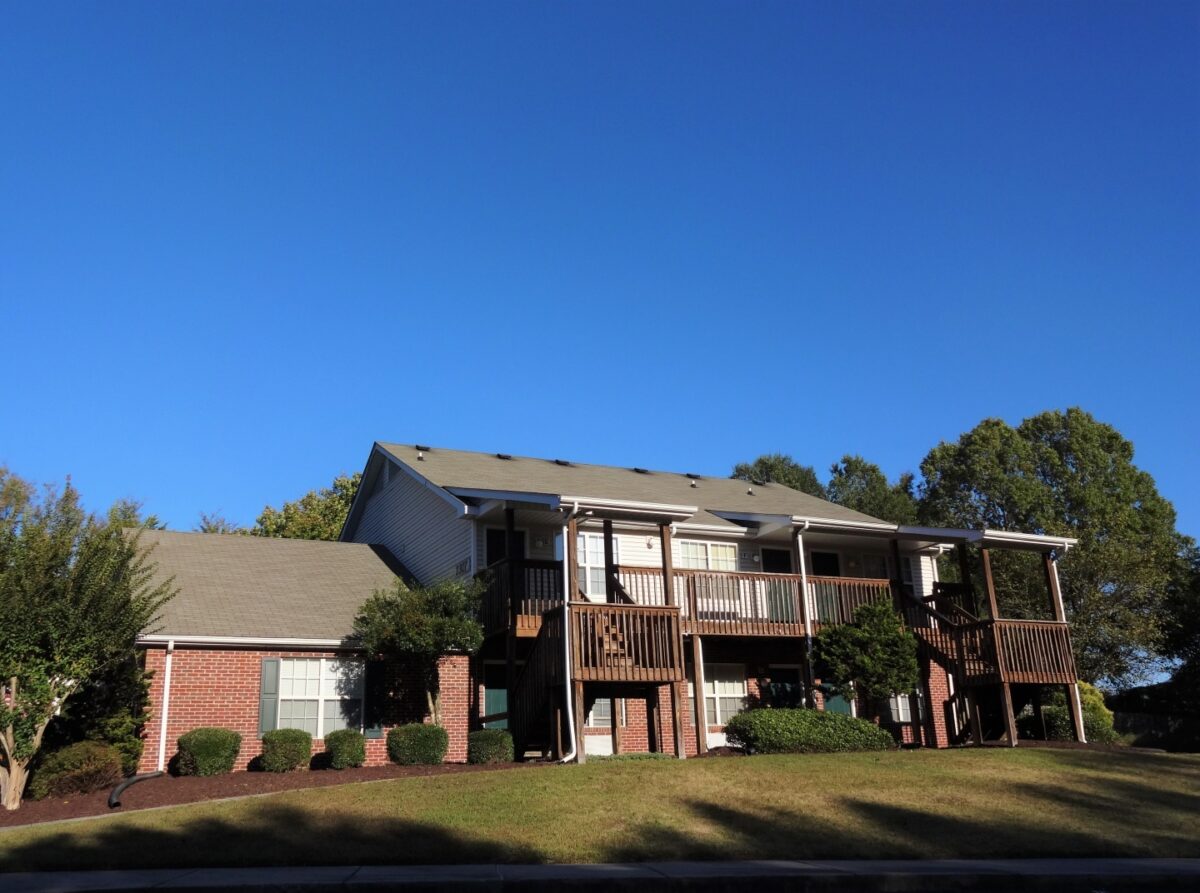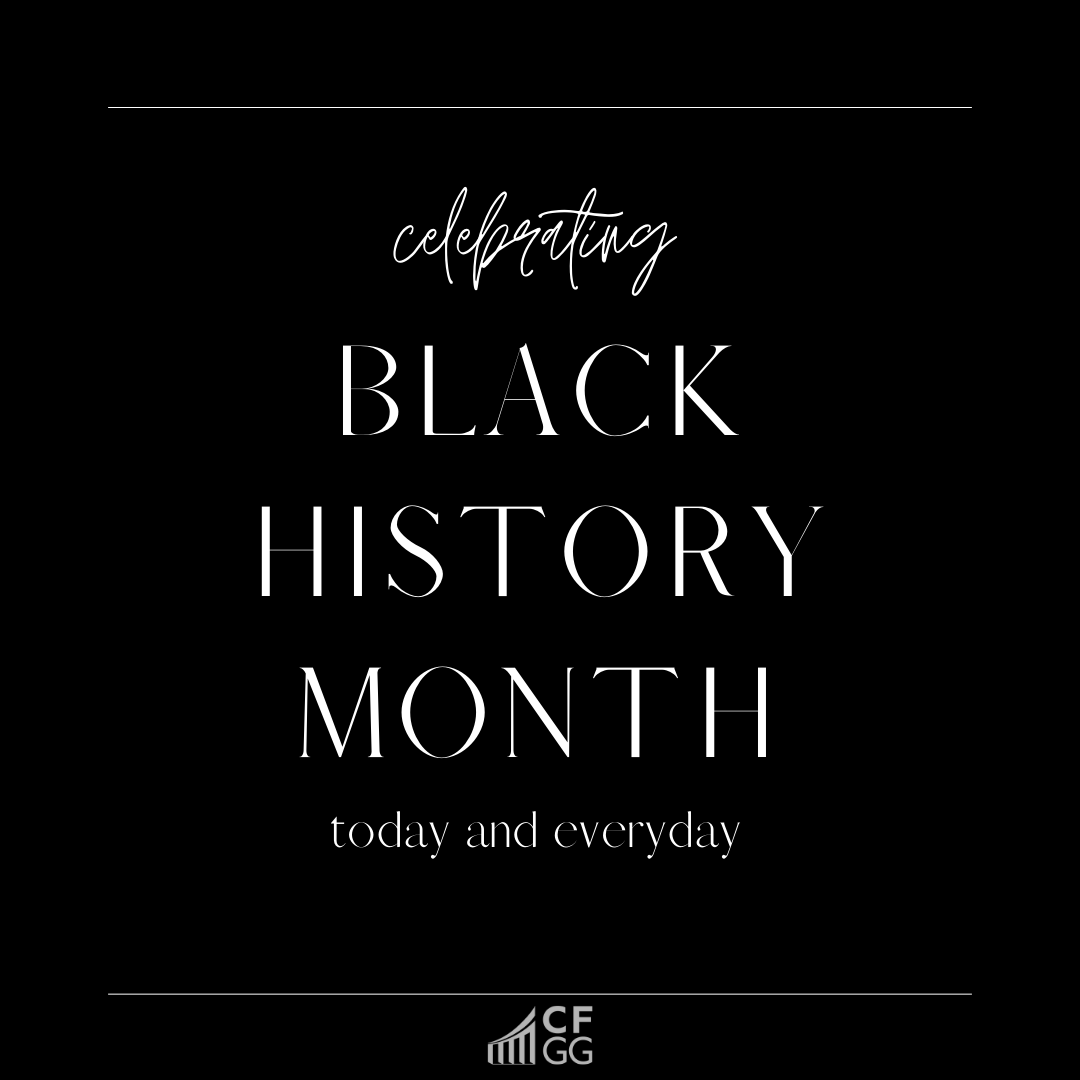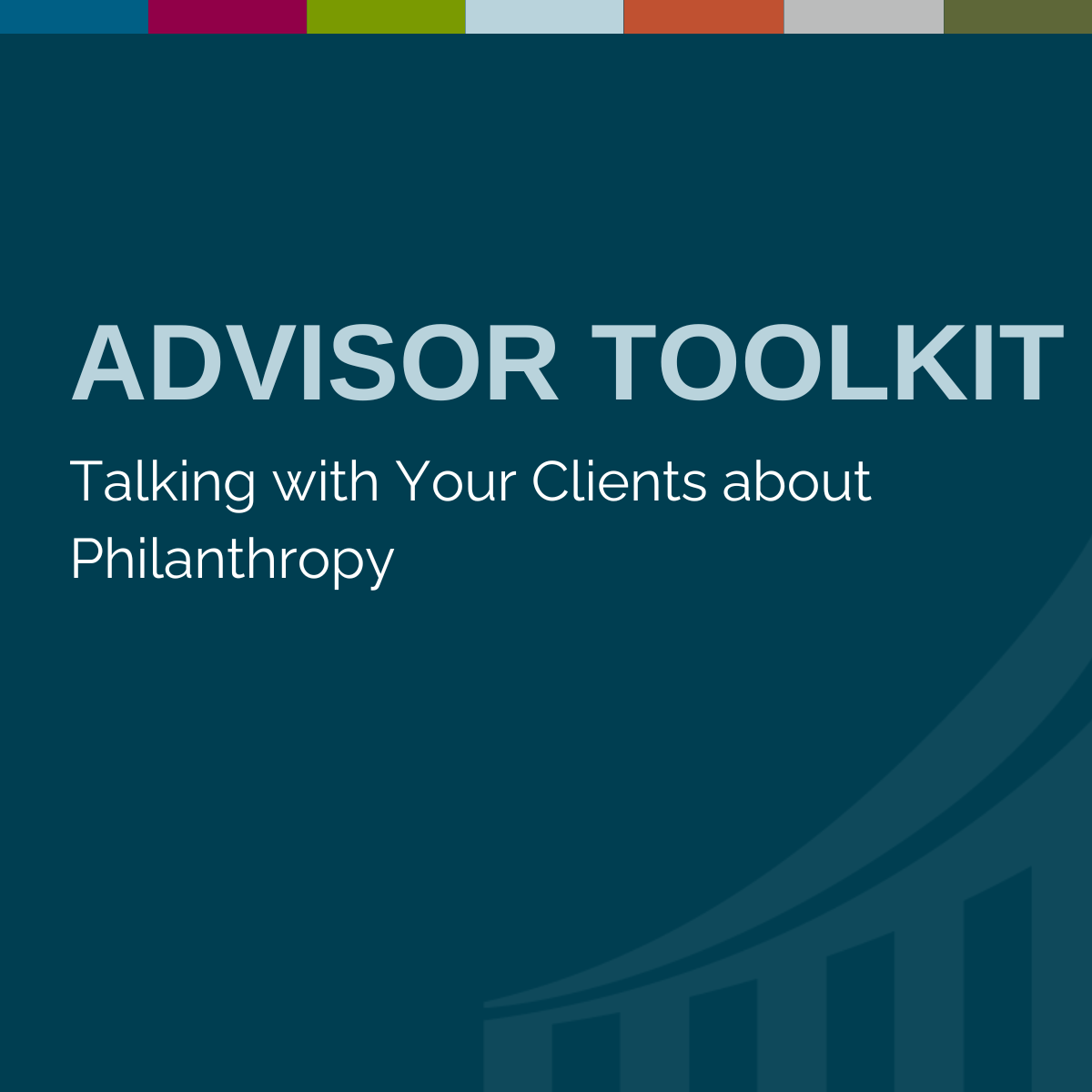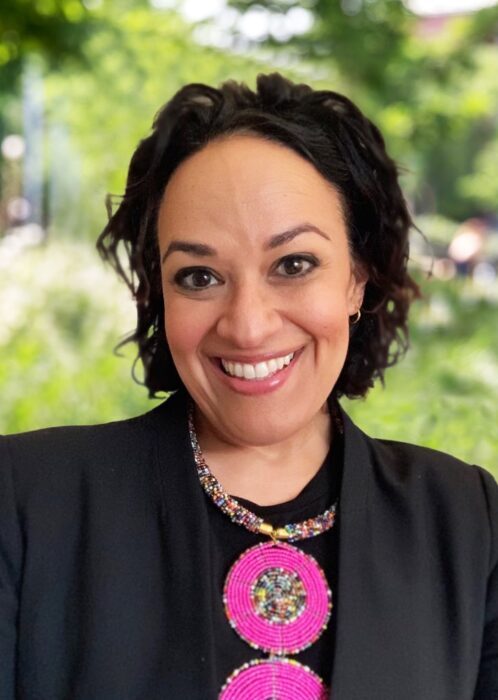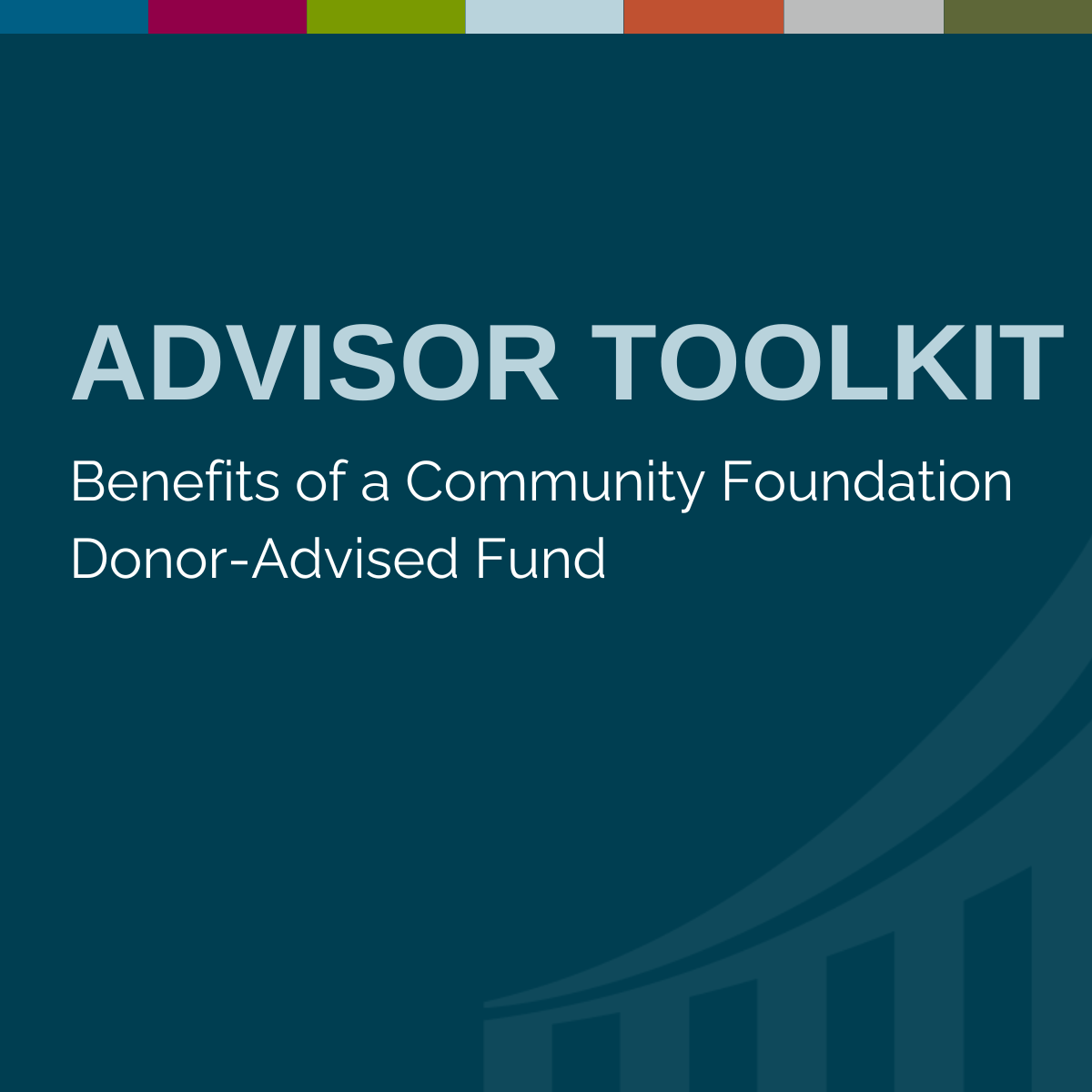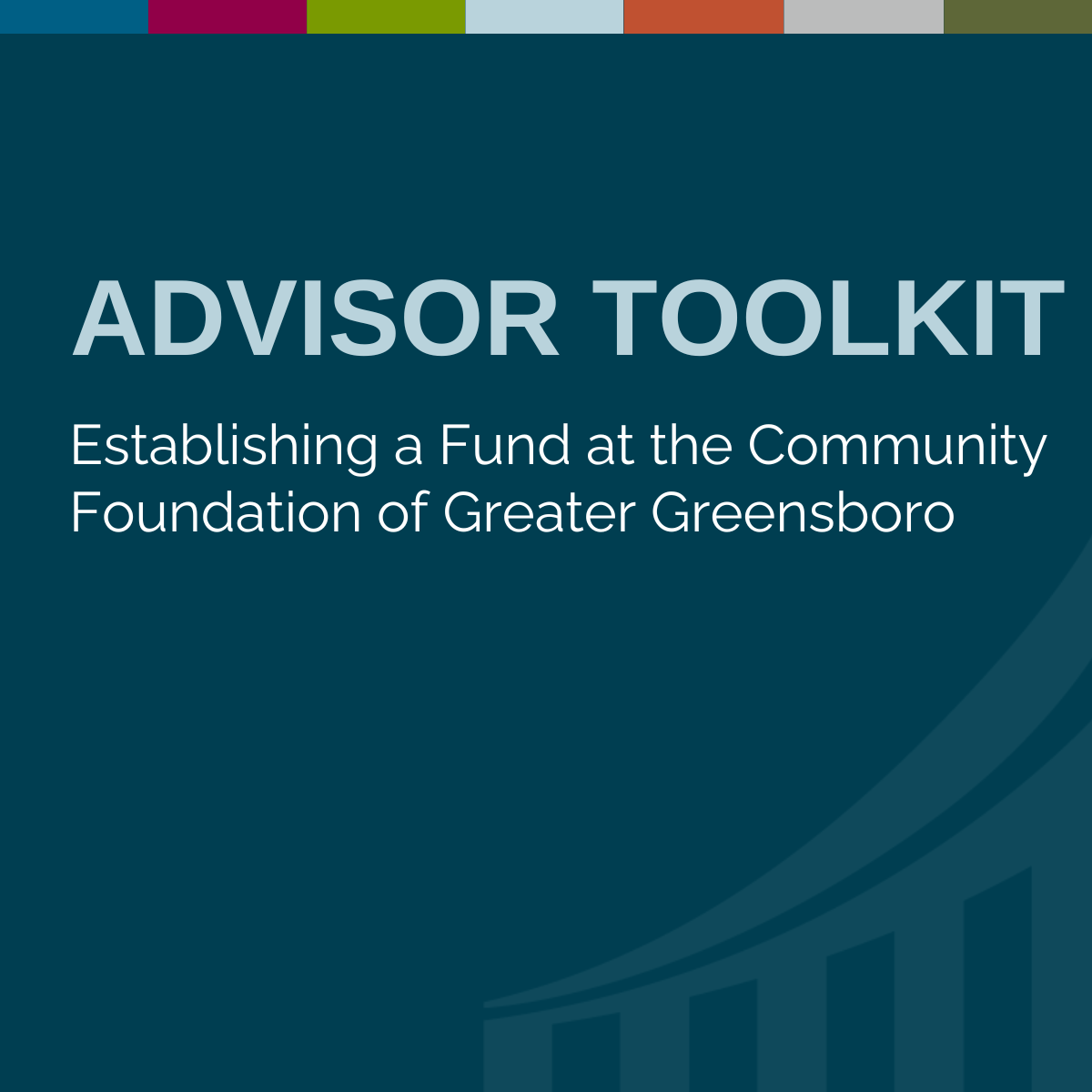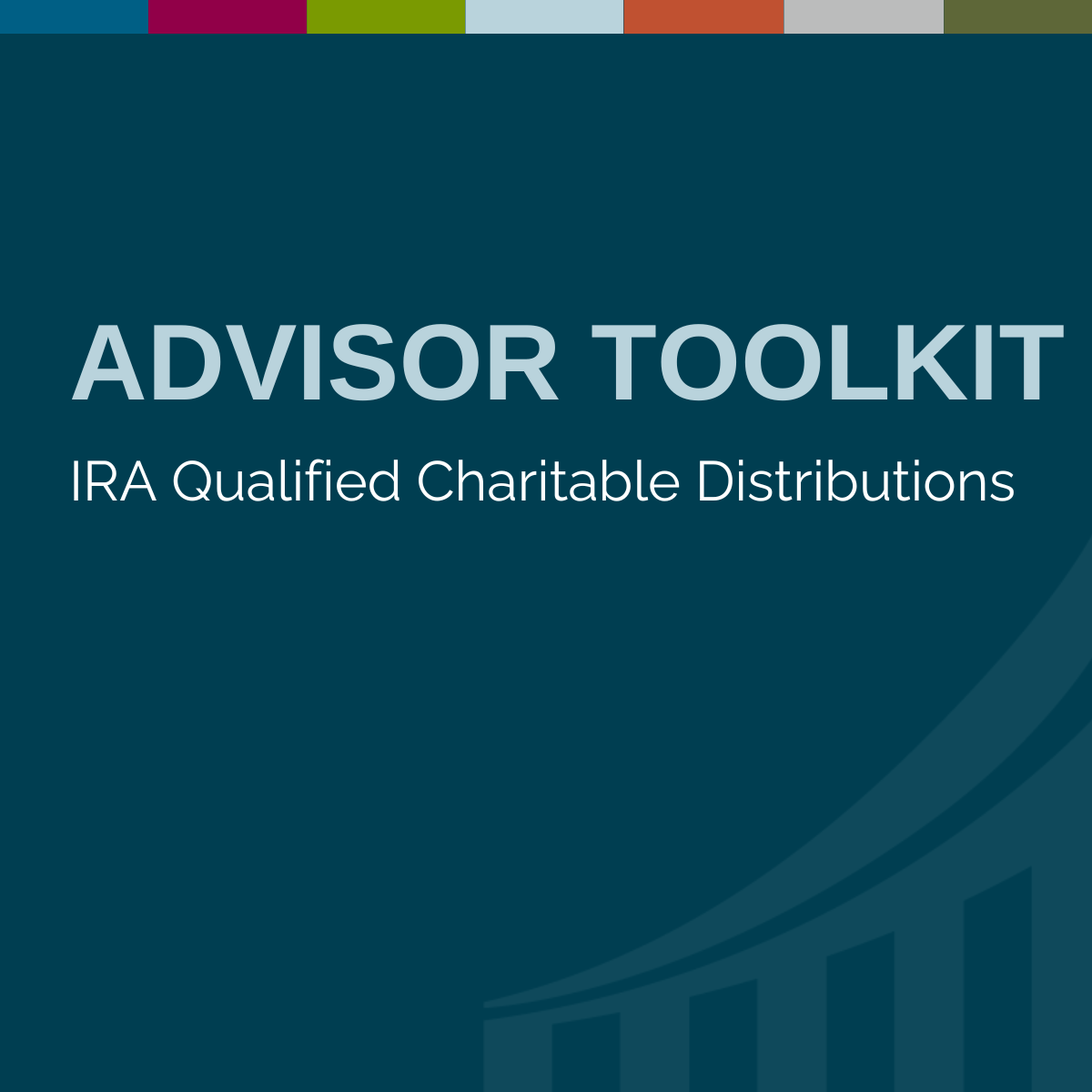Investment Options
Kabrina Shamburger
on
March 25, 2024
The Community Foundation of Greater Greensboro offers four primary investment options: Main (Long-Term) Pool, ESG Pool, Direct Asset Manager Portfolios, and Charitable Trusts’ Portfolios. Most assets are invested in one of the Community Foundation’s pools, based on the preference and the time horizons of our donors. Large investment pools benefit from economies of scale in terms of both investment fees and access to types of investment holdings. Over time, lower investment fees result in higher annual grant support for charitable causes.
Main (Long-Term) Pool
Our largest pool to date has a long-term horizon, with a broadly diversified portfolio, including specific allocations to private capital investments. For this long-term pool, the Investment Committee is responsible for selecting the investment managers, along with all other aspects of investment policy.
ESG Pool
Investments for this pool are focused on investment managers and underlying companies that integrate environmental, social, and corporate governance (ESG) factors into their business practices and decision-making processes. As with the Main Pool, the ESG Pool has a long-term focus, and the Investment Committee is responsible for selecting its managers and overseeing the investment policy.
Direct Asset Manager Portfolios
These represent a pool(s) of charitable assets managed by local investment advisor(s) in order to enhance client relationships and facilitate charitable giving to the Community Foundation. The minimum balance for a Direct Asset Manager portfolio is $500,000, and total fees should be comparable to the Community Foundation’s Main Pool. Direct Asset Manager accounts may not confer any financial benefit to the donor or related party. The Investment Committee maintains fiduciary responsibilities for the approval of these Manager relationships, along with oversight of asset allocation and investment policy.
Charitable Trusts’ Portfolios
These are charitable trust accounts, established by donors, in which the Community Foundation retains a financial interest. Investment managers may be selected by the donor. Similar to a Direct Asset Manager portfolio, the Investment Committee maintains all fiduciary responsibilities for these assets and for setting overall investment policy.
Short Term Pool
The Community Foundation also has a short-term pool which is invested solely in cash equivalents, and an option for a 50/50 “balanced” pool, invested in publicly traded, liquid equity, and fixed income holdings.
